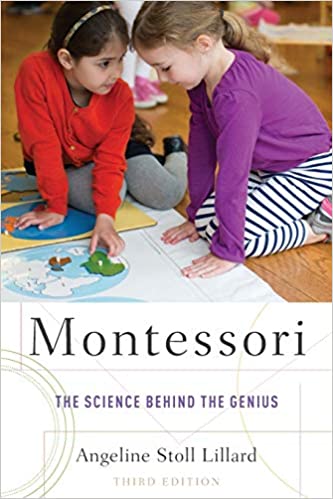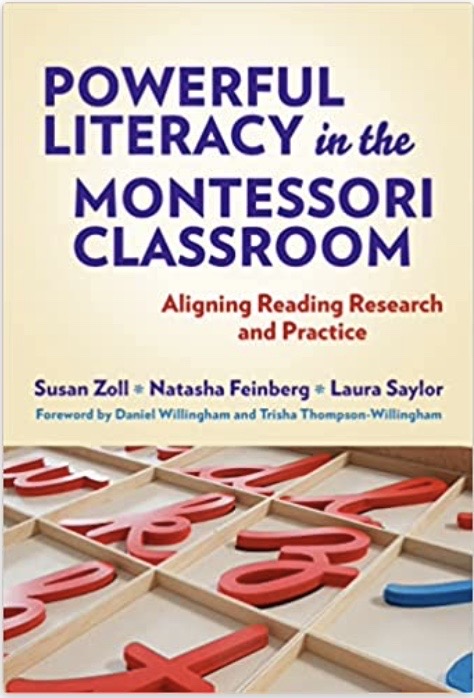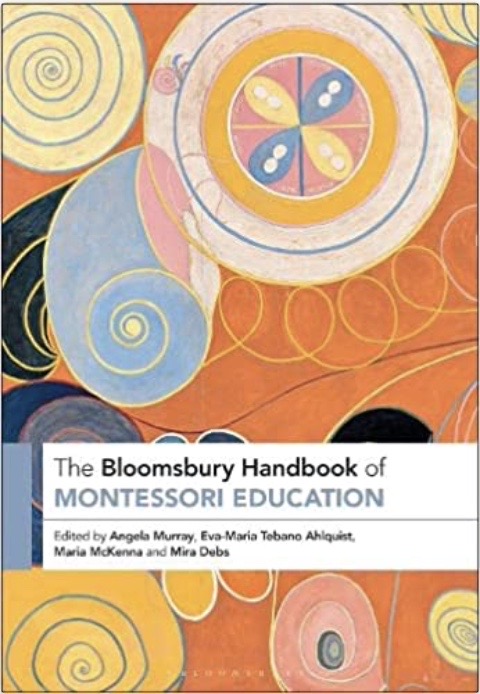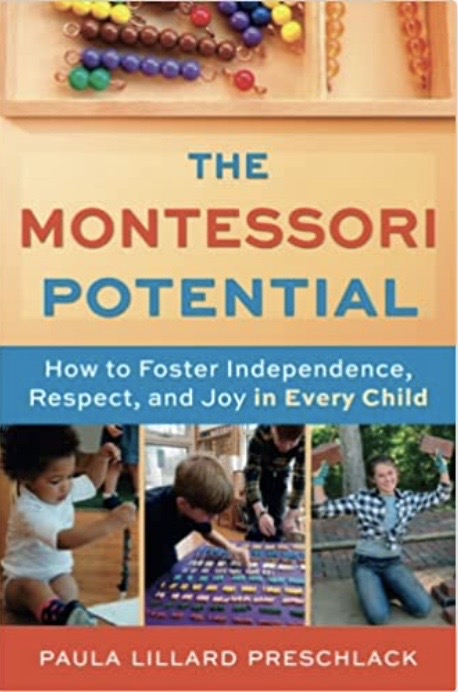Montessori: The Science Behind the Genius

By Dr. Angeline Stoll Lillard
In this book, Lillard presents the research behind nine insights that are foundations of Montessori education, describing how each of these insights is applied in the Montessori classroom. In reading this book, parents and teachers alike will develop a clear understanding of what happens in a Montessori classroom and, more importantly, why it happens and why it works. Furthermore, in this new edition, Lillard presents recent studies showing evidence that this alternative to traditional schooling does indeed make a difference. Montessori: The Science Behind the Genius is indispensable reading for anyone interested in teaching, training, or considering Montessori schooling, in developmental psychology, or in understanding about human learning and education overall.
Powerful Literacy in the Montessori Classroom: Aligning Reading Research & Practice
 By Susan Zoll, Natasha Feinberg, & Laura Taylor
By Susan Zoll, Natasha Feinberg, & Laura Taylor
This book aligns Montessori didactic materials and pedagogy, developed over a century ago, with current research on reading development. The authors explain how the Montessori approach is inherently aligned with the Science of Reading in that they are both scientifically based and contain methods that follow a logical, systematic, and explicit progression of teaching and learning. Montessori education supports instructional differentiation that is cognizant of children’s need for independence and highly mindful of literacy and language development. This book provides valuable contributions to all educators implementing Science of Reading and structured literacy in their practice, and is a must-have for Montessori teachers (preschool to grade 3) and those that prepare, coach, and supervise them.
The Bloomsbury Handbook of Montessori Education
 Edited by Angela Murray, Eva-Maria Tebano Ahlquist, Maria McKenna, & Mira Debs
Edited by Angela Murray, Eva-Maria Tebano Ahlquist, Maria McKenna, & Mira Debs
The Bloomsbury Handbook of Montessori Education is an accessible resource tracing Montessori education from its historical roots to current scholarship and contemporary issues of culture, social justice, and environmentalism. Divided into six sections the handbook encompasses a range of topics related to Maria Montessori and Montessori education including foundations and evolution of the field; key writings; pedagogy across the lifespan; scholarly research; global reach; and contemporary considerations such as gender, inclusive education, race and multilingualism. Written by scholars and practitioners based in over 20 countries, this is the go-to reference work for anyone interested in Montessori education.
The Montessori Potential: How to Foster Independence, Respect, and Joy in Every Child
 By Paula Lillard Preschlack
By Paula Lillard Preschlack
Montessori education expert Paula Lillard Preschlack offers a clear explanation of how the Montessori approach helps children. By looking closely at authentic Montessori practices, she shows the tight correlation between the Montessori system in action and children practicing and strengthening the very traits they will need for adulthood.
